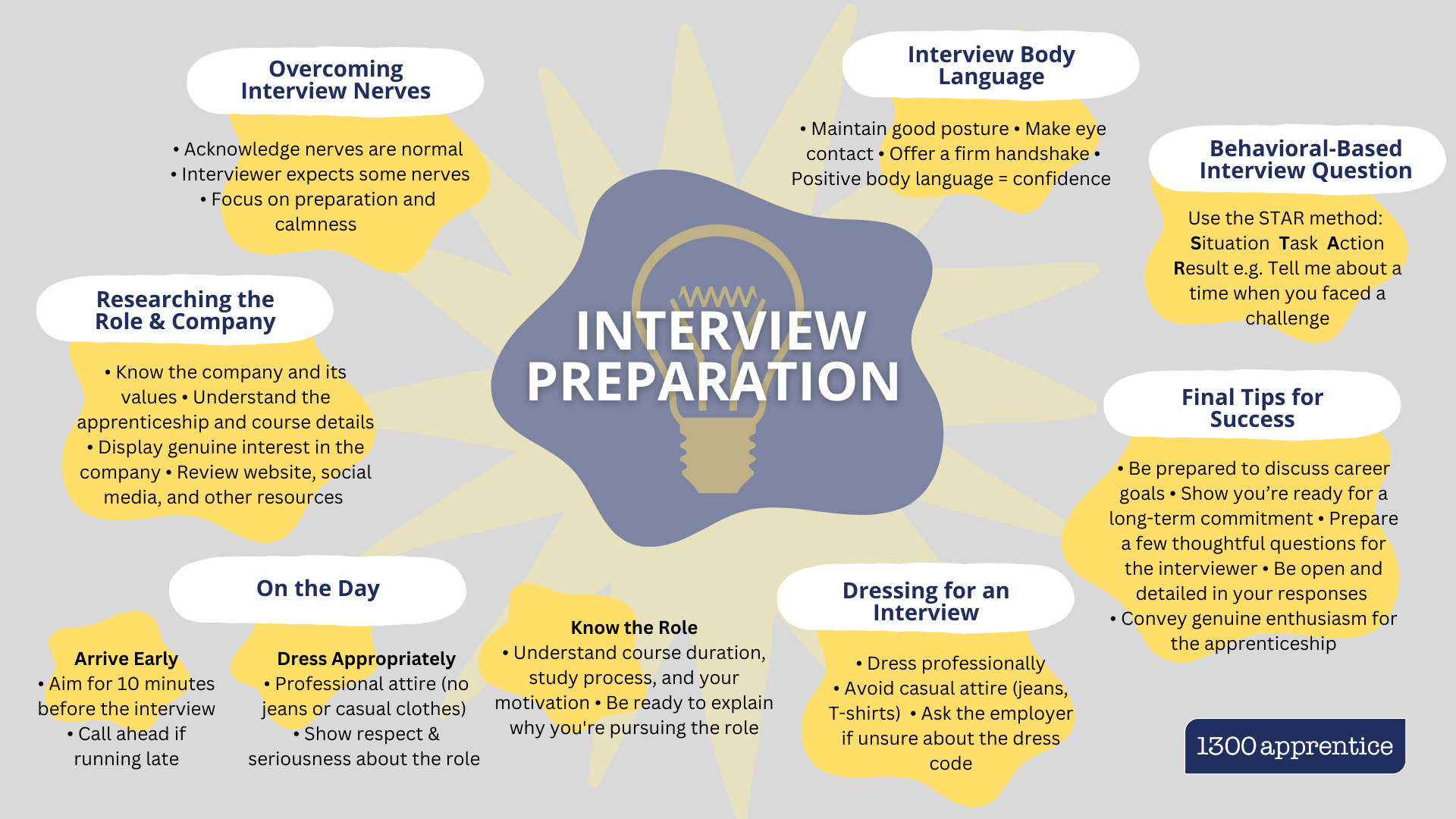Why young people take risks & the best ways to stop them
1300apprentice WH&S Manager has passed on this great YouthSafe information. The most common risk-taking behaviours seen in the workplace are:
- Driving unsafely;
- Not using Personal Protective Equipment (PPE);
- Taking shortcuts to make a job quicker;
- Attending the workplace affected by drugs or alcohol;
- Rushing into things without planning or thinking through the steps;
- Taking part in dangerous pranks.
“Recent research shows that young peoples’ brains are still developing until well into their twenty’s and that the part of the brain responsible for managing risk is one of the last areas to fully develop. At the same time, the parts of the brain associated with sensation seeking and excitement are in overdrive in young people. This means they find the appeal of danger hard to resist.”
Strategies to manage the risk-taking among young workers include:
- Expect mistakes and plan for them;
- Consider having a driving policy (especially in relation to company vehicles);
- Be consistent with following disciplinary procedures;
- Give young workers specific OH&S responsibilities;
- Allocate a mentor to young workers who will have a positive influence on their attitude and behaviours.




